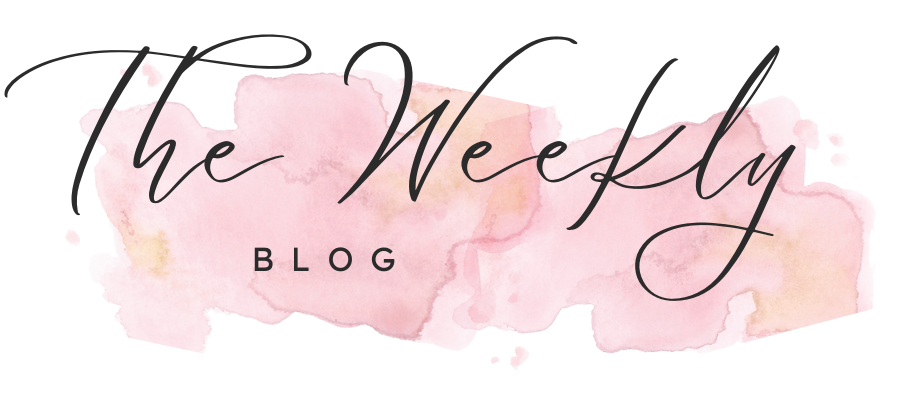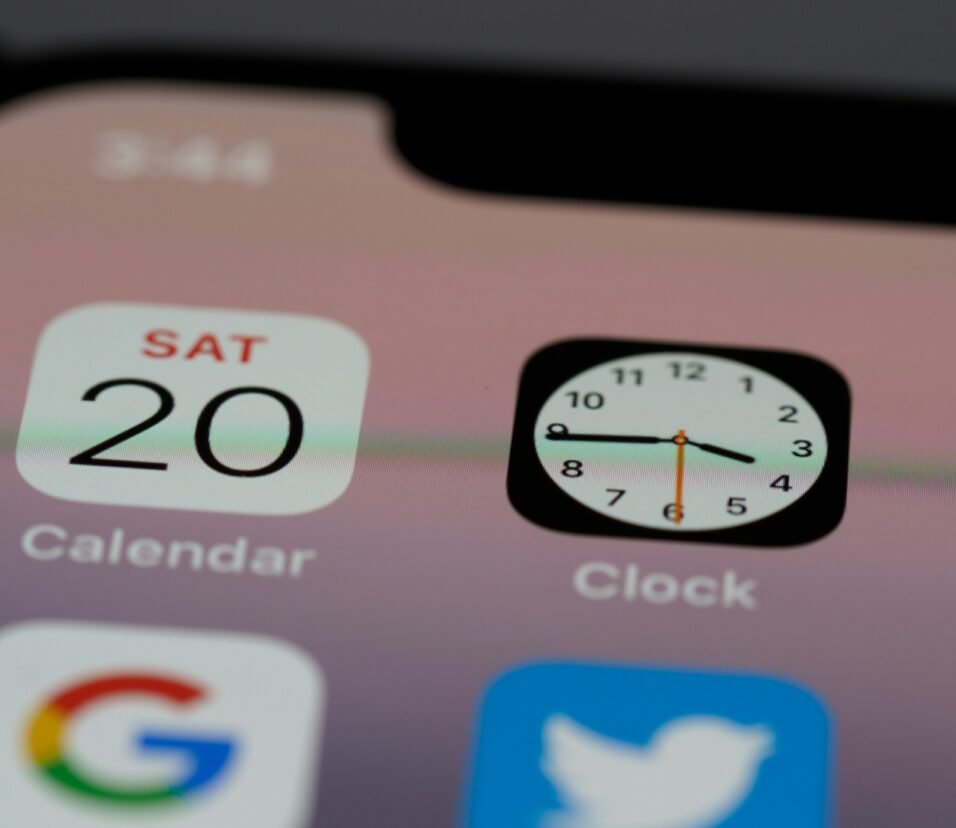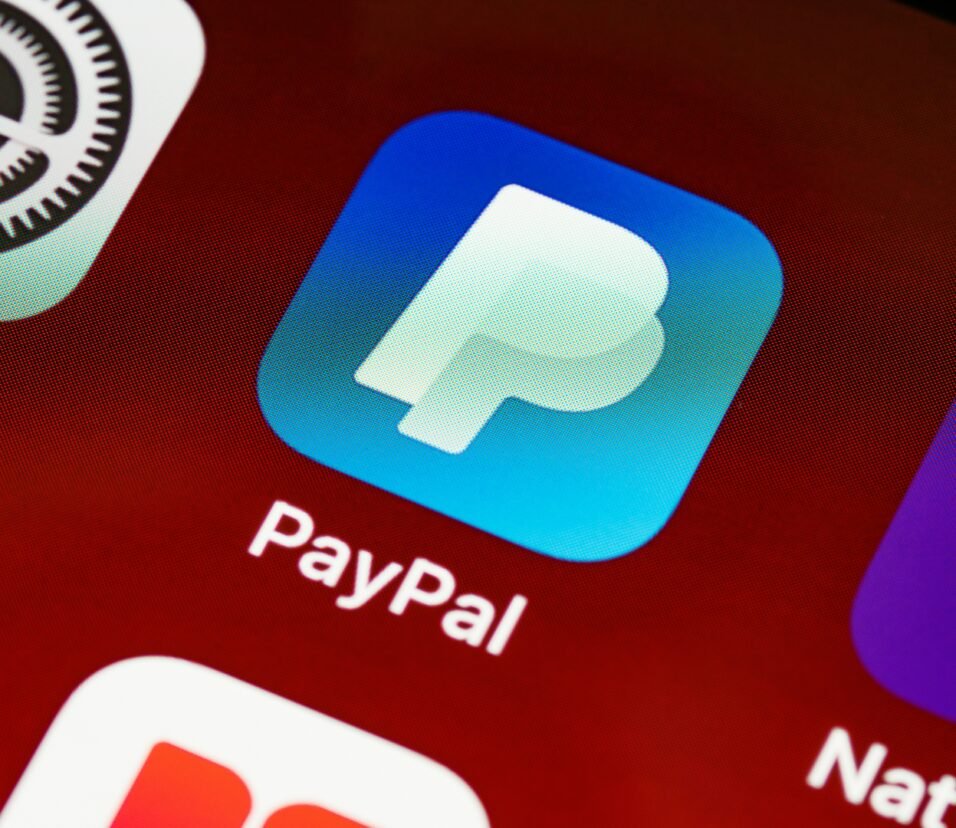The Best Privacy-Focused Messaging Apps You Should Use in 2025
In a world where our personal data is more valuable than ever, privacy is no longer a luxury—it’s a necessity. With rising concerns around surveillance, data breaches, and tracking, many users are ditching mainstream messengers in favor of privacy-focused messaging apps that prioritize encryption, transparency, and user control.
Whether you’re chatting with friends, collaborating with teams, or organizing communities, these secure messaging apps of 2025 offer the confidentiality and peace of mind that modern communication demands.
🔑 What Makes a Messaging App Privacy-Focused?
Before we dive into the top picks, here are the core features to look for:
- End-to-End Encryption (E2EE): Ensures only sender and receiver can read messages.
- Open-Source Code: Allows independent audits for transparency.
- Minimal Data Collection: No tracking, metadata stripping, and optional phone number use.
- Decentralization or Self-Hosting: Gives users more control over their data.
- Ephemeral Messaging: Messages can disappear automatically.
🥇 1. Signal
- Encryption: End-to-end encryption using the Signal Protocol
- Privacy Perks: No ads, no tracking, no metadata storage
- Notable Features: Disappearing messages, encrypted voice/video calls, group chats
- Why It’s Great: Widely regarded as the gold standard in secure messaging. It’s open-source, independently audited, and trusted by journalists and activists worldwide.
✅ Best for: Everyday users who want serious privacy with a familiar chat interface.
🥈 2. Threema
- Encryption: End-to-end for all message types
- Privacy Perks: No phone number or email required to register
- Notable Features: Polls, group chats, file sharing, self-hosting options
- Why It’s Great: Based in Switzerland (strong privacy laws), Threema is ideal for users who don’t want to share personal info—at all.
✅ Best for: Anonymous users or businesses looking for privacy-first team communication.
🥉 3. Session
- Encryption: End-to-end with onion routing (like Tor)
- Privacy Perks: Fully decentralized, no servers or phone numbers
- Notable Features: Anonymous sign-up, secure group chats, multi-device support
- Why It’s Great: Session is for the ultra-privacy-conscious. It doesn’t even use standard metadata like IP addresses.
✅ Best for: High-risk users, whistleblowers, or those living under surveillance.
🛡️ 4. Element (Matrix Network)
- Encryption: End-to-end via the Matrix protocol
- Privacy Perks: Fully decentralized and self-hostable
- Notable Features: Bridging to Slack, Discord, WhatsApp; great for teams
- Why It’s Great: Combines the flexibility of Slack with robust privacy, making it perfect for private team collaboration.
✅ Best for: Privacy-aware teams and open-source communities.
📱 5. Wire
- Encryption: End-to-end by default
- Privacy Perks: Based in Europe, GDPR-compliant, enterprise-grade security
- Notable Features: File sharing, secure video conferencing, team chats
- Why It’s Great: Popular with enterprises and NGOs due to its strong compliance and transparency.
✅ Best for: Organizations looking for secure internal communication tools.
📤 6. Briar
- Encryption: Peer-to-peer, E2EE
- Privacy Perks: Works without internet (via Bluetooth or Wi-Fi)
- Notable Features: No central server, ideal for crisis zones
- Why It’s Great: Briar’s unique offline mode makes it invaluable for journalists, activists, and disaster responders.
✅ Best for: Use in areas with limited or censored internet access.
📊 Feature Comparison Table
| App | Phone Number Required | Decentralized | Open Source | Voice/Video Calls | Best Use Case |
|---|---|---|---|---|---|
| Signal | Yes | No | ✅ | ✅ | Secure everyday messaging |
| Threema | No | No | ❌ | ✅ | Anonymous communication |
| Session | No | ✅ | ✅ | ❌ (Text only) | Ultra-anonymous messaging |
| Element | Optional | ✅ | ✅ | ✅ | Secure team collaboration |
| Wire | Yes | Partially | ✅ | ✅ | Corporate communications |
| Briar | No | ✅ (P2P) | ✅ | ❌ | Offline messaging in crises |








